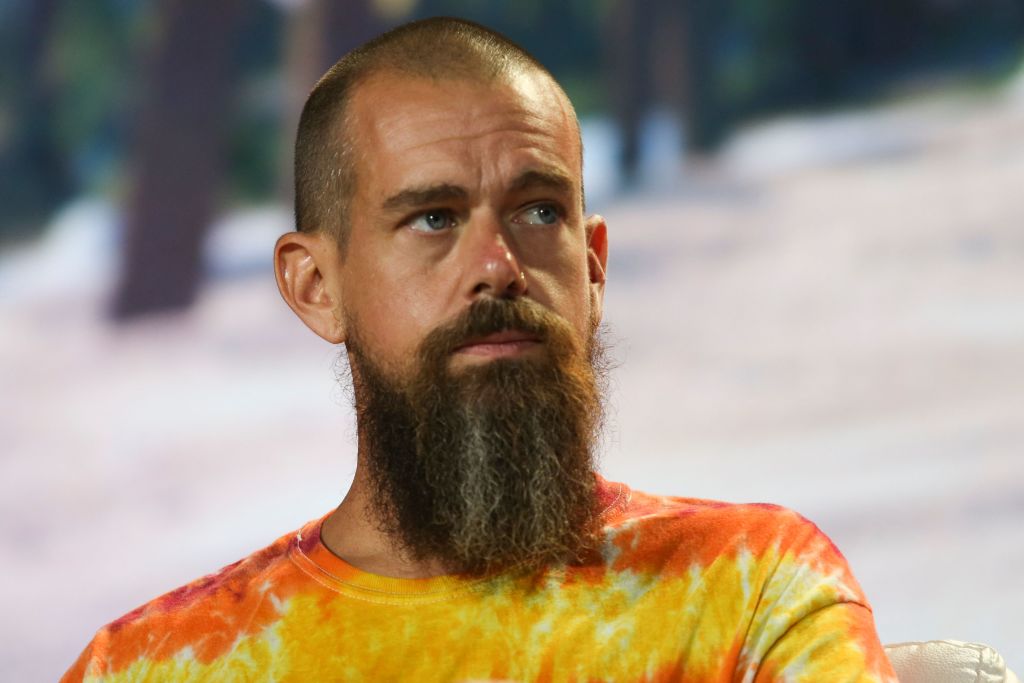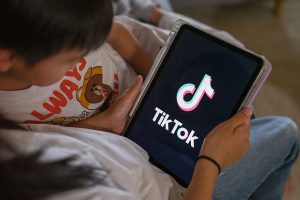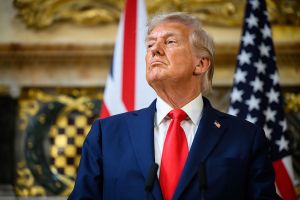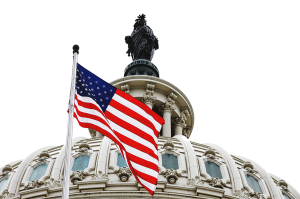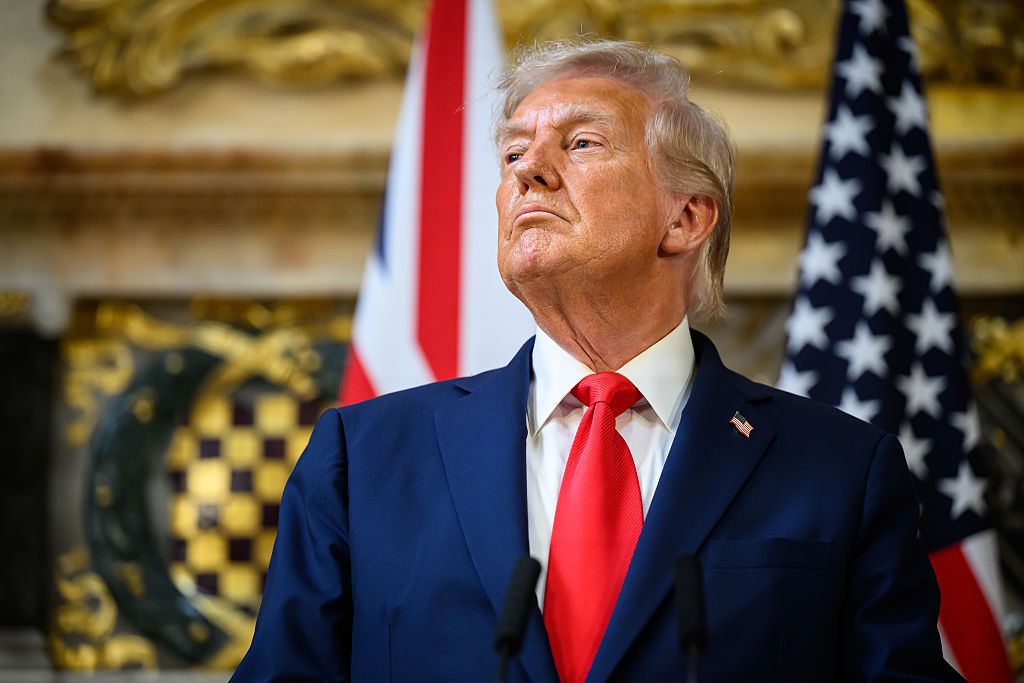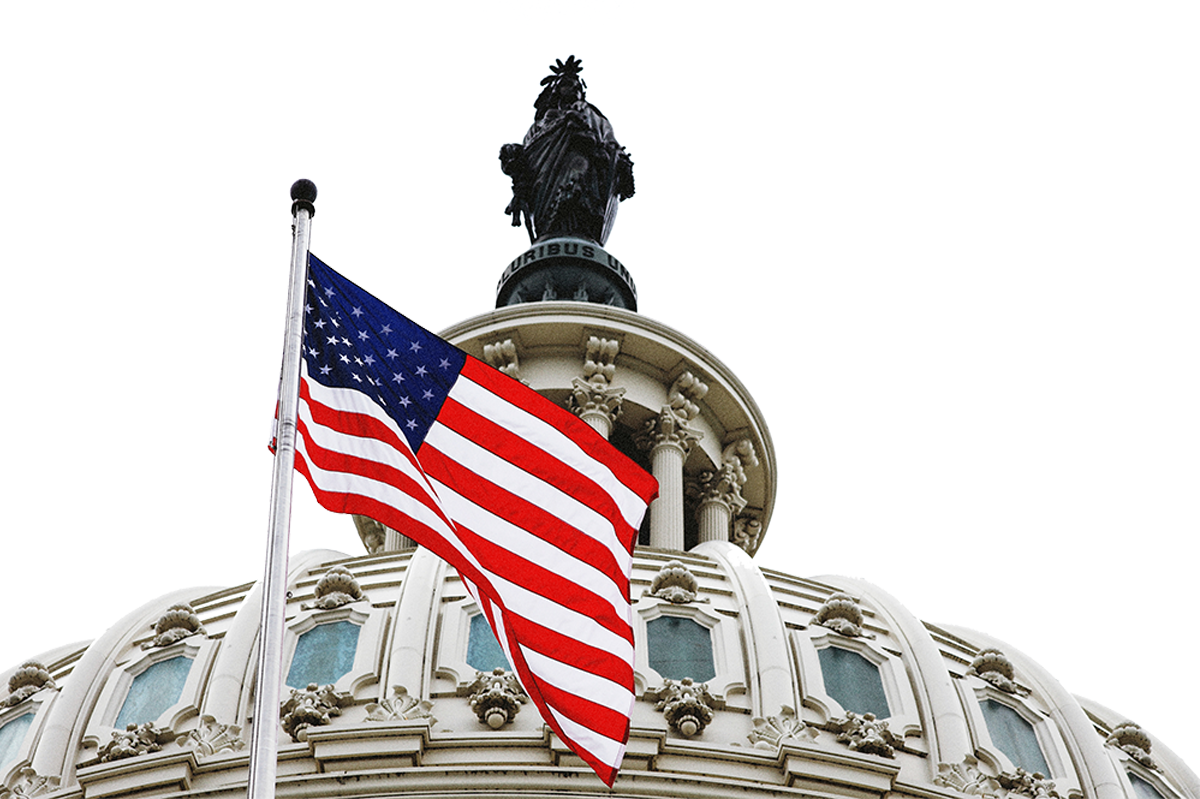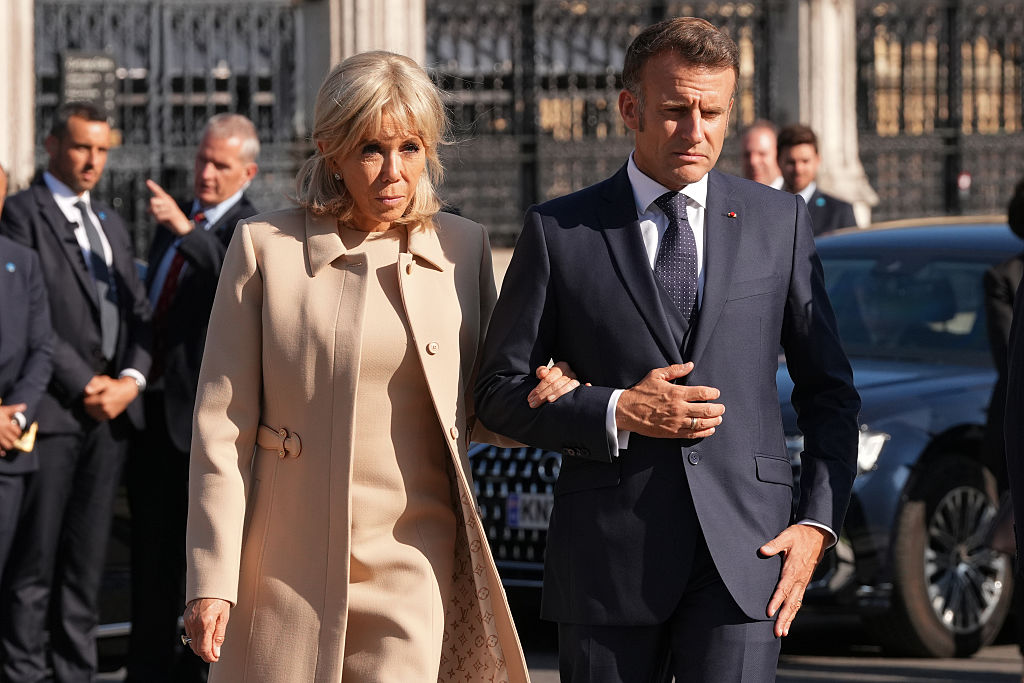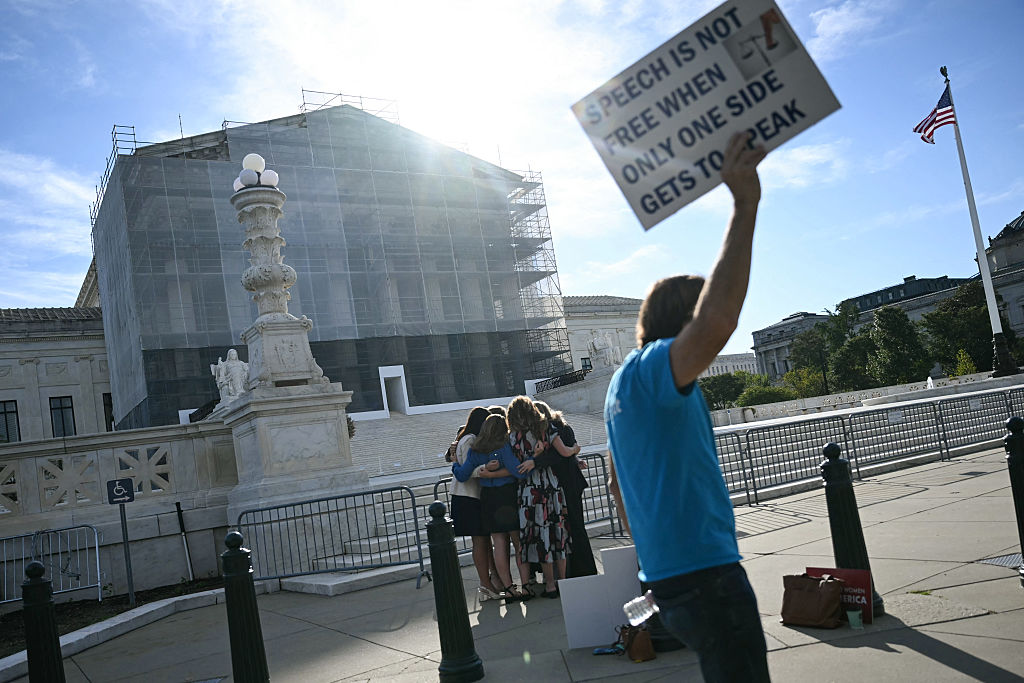Farewell @jack. Jack Dorsey’s departure from Twitter on Monday came as no surprise given that Elliott Management almost forced his resignation last year. Only the coronavirus may have prolonged the inevitable. Twitter’s stock keeps dropping. It may not reach the revenue and daily user projections for 2023 that it set last February. It’s also last in terms of user base among “Big Tech,” behind Facebook, YouTube, and TikTok.
The prevailing theory on Dorsey’s departure involves Elliott Management, which controls two board seats and over $1 billion in stock shares, flexing enough muscle to boot Dorsey. Elliott executives have seemed dubious of Dorsey’s ability to run two companies at once (he’s also CEO of Square). They desire someone who is focused solely on Twitter. This may be why Twitter updated its succession plan earlier this month. One former employee suggests to Vanity Fair that the company forced Dorsey out to keep him from politicking his way back into the CEO role later, as he apparently did after his first removal back in 2008.
Dorsey’s involvement in Twitter has seemed too hands-off at times. Absenteeism and a focus on other interests like fashion were why he was fired thirteen years ago. The Wall Street Journal reports that Dorsey let his top lieutenants handle Donald Trump’s Twitter ban in January because he was overseas. His original plan for 2020 was to live and work in Africa before COVID locked down the world.
Twitter employees tend to support Dorsey, but complaints have arisen over his snail’s pace decision making on everything from the old 140-character limit to the Hunter Biden/New York Post article ban of October 2020. Scott Gregory at Harvard Business Review defines absentee leadership as when someone enjoys “the privileges and rewards of a leadership role but avoids meaningful involvement with their teams.” Dorsey appears to fall into this category, unlike Facebook founder Mark Zuckerberg.
Twitter’s new leader, Parag Agrawal, comes from the tech field. The 37-year-old son of Indian immigrants seems a bit of a background player at Twitter despite his previous position as chief technology officer. Dorsey believes he’s the right hire, saying in his resignation that Agrawal was his choice to become CEO for some time. CNBC reports the pair are simpatico in their yearning to decentralize social media by making certain parts interchangeable.
Agrawal’s history suggests he knows Twitter inside and out, having been heavily involved in everything from AI to advertising. He’s also got support from current and former Twitter employees who hail him as a thoughtful mentor to others.
One area where Agrawal may differ from Dorsey is government regulations on social media. Dorsey fought hard against proposed changes to Section 230 last October, telling a U.S. Senate committee he believes repealing the provision would only benefit “a small number of giant and well-funded technology companies.” Dorsey noted correctly that a Section 230 repeal would stifle free speech because it would force websites and message boards to become more proactive in removing supposedly troublesome comments. Compare this to Facebook, which is openly advocating for social media regulations.
Agrawal’s Section 230 beliefs remain a mystery; however, he appears to have shown appreciation for more heavy-handed content moderation. He told MIT Technology Review last year:
One of the changes today that we see is speech is easy on the internet. Most people can speak. Where our role is particularly emphasized is who can be heard. The scarce commodity today is attention. There’s a lot of content out there. A lot of tweets out there, not all of it gets attention, some subset of it gets attention. And so increasingly our role is moving towards how we recommend content and that sort of, is, is, a struggle that we’re working through in terms of how we make sure these recommendation systems that we’re building, how we direct people’s attention is leading to a healthy public conversation that is most participatory.
His comments do not mean, as nationalist conservatives claim, that he’s just part of the so-called Big Tech oligarchy that needs to be dismantled by government. Twitter remains a private company, meaning it sets its own rules for content moderation. Yet more voices are better than fewer even if their tweets or posts give off a proverbial foul stench through the screen. How Twitter will determine future content moderation remains to be seen as does its commitment to keeping Section 230 in place.
Whatever the case, @jack is now gone from Twitter. Here’s hoping his belief in keeping government involvement in social media to a minimum survives inside Twitter HQ.



